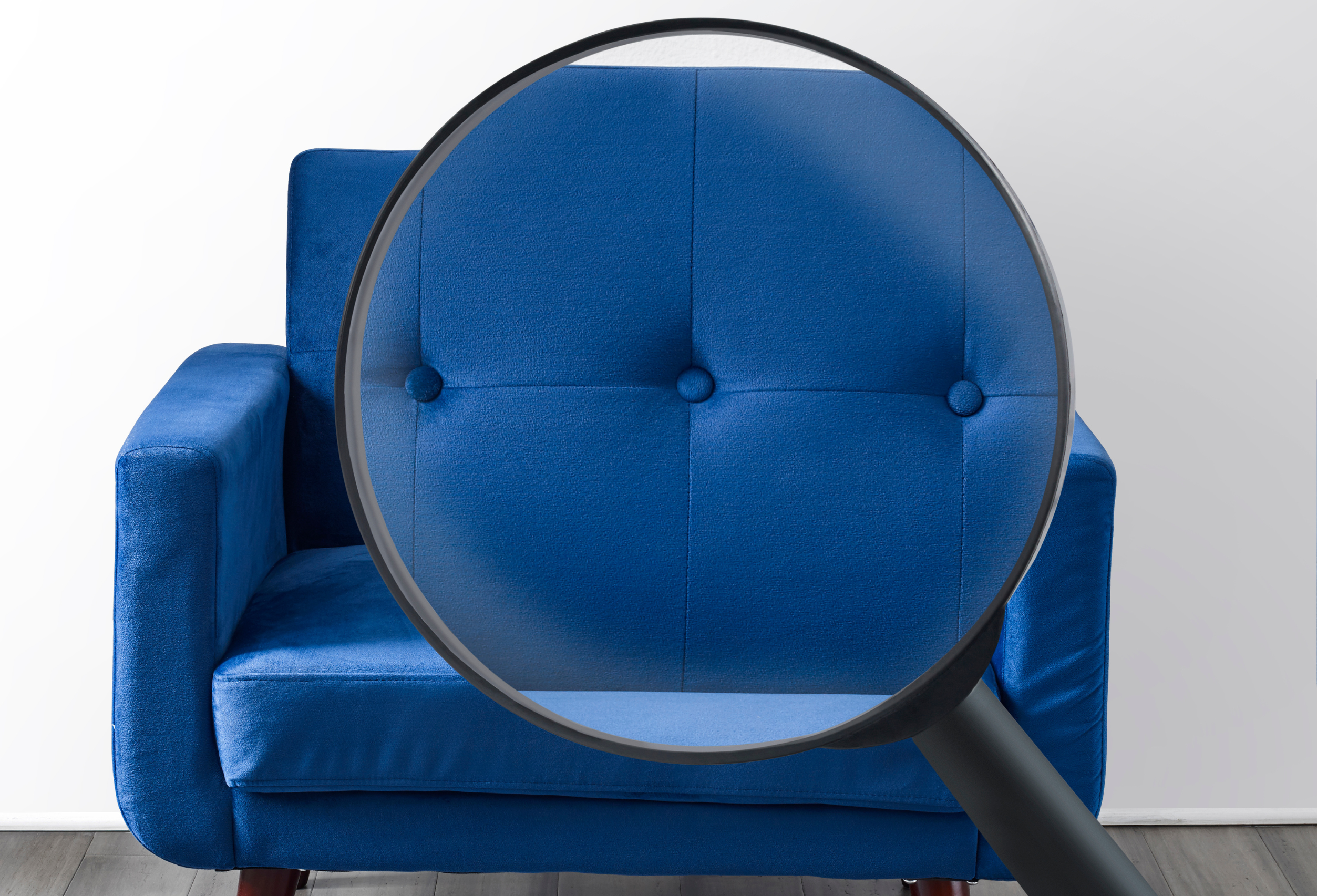How often should you inspect your investment property?

Routine inspections are an important element of keeping your investment property in good shape. Furthermore, they might aid in maintaining open contact with your tenants.
Continue reading to find out how frequently and why you should inspect your investment property.
You must strike a balance between tenant privacy and routine inspections.
It’s a good idea to be proactive about property inspections, but you must also respect your tenants’ privacy. The law varies by state, but in general, you can check your property up to four times every calendar year. Whether you manage your home yourself or hire a property manager, you must provide your renters at least seven days’ written notice before conducting an inspection. You must provide at least two days’ written notice to enter the property for any follow-up appointments or repairs.
Your Property Team conducts regular inspections on all our clients properties. The first inspection is conducted within 6 weeks of the tenant moving in and at regular 17 week intervals.
Property inspections on a regular basis can help you save money.
Routine inspections are an effective way to address repairs and maintenance while also determining whether your tenants are taking care of the property. For example, you or your property manager may observe a dripping bathroom faucet. If a plumber is called quickly after the inspection, the cost could range between $100 and $150 (depending on your location and the specific repair). However, if the minor leak is not detected, it can grow into a major issue that could cost hundreds of dollars to remedy.
Routine inspections are an effective way to address repairs and maintenance while also determining whether your tenants are taking care of the property. For example, you or your property manager may observe a dripping bathroom faucet. If a plumber is called quickly after the inspection, the cost could range between $100 and $150 (depending on your location and the specific repair). However, if the minor leak is not detected, it can grow into a major issue that could cost hundreds of dollars to remedy.
Regular inspections establish a standard with your tenants
Ideally, the condition of your property when it was leased, as well as your discernment in leasing the property, assisted you in securing desirable tenants. If your tenants know that you or your property manager take care of repairs and maintenance on a regular basis, they will be more inclined to report any issues that arise between inspections and look after your property. However, if you have tenants who are not taking care of your property or suspect unlawful activities, frequent inspections allow you to take action before little concerns evolve into large, costly ones.
What maintenance items should routine inspections cover?
There are several things you should look for during each routine inspection in order to take preventative maintenance and repairs. While each property is unique, you or your property manager should inspect the following items at each inspection:
- Smoke detectors: You must schedule a separate yearly smoke alarm inspection, but you should also check the smoke detectors during periodic inspections.
- Exhaust fans: Check that the exhaust fans are operational and free of dust and grime. Replace faulty exhaust fans as soon as possible to avoid more costly problems like mildew.
- Mould and moisture: Look for evidence of moisture build up, a musty odour, or visible spots of mould in window frames, walls, ceilings, and wet locations.
- Termite damage: Look for indicators of termite damage such as stiffness when opening or closing windows and doors, as well as a hollow sound when tapping wood.
- Structural Issues: Large cracks around doorways and uneven floors can be an indication of structural problems.
- Balcony balustrades that are loose or unstable: Any indications of instability on your balcony might pose a serious safety risk. If you feel the area requires repair, schedule a building inspection and close it down immediately.
Everyone benefits from a consistent routine inspection schedule, including you, your renters, and your property manager. It aids in the maintenance of your property and ensures that any problems are addressed before they become costly to repair. If you haven’t inspected your property in a while, schedule one in the following weeks to ensure everything is in working order and repairs are completed as soon as possible.
If you have any questions or would like to have a chat about how Your Property Team can help you with your routine inspections for your investment property, click here to get in touch, we’re ready to help!
Please keep in mind that this post is not intended to provide financial or legal advice. Before making any decisions for yourself, please speak with your expert financial and legal advisors.

